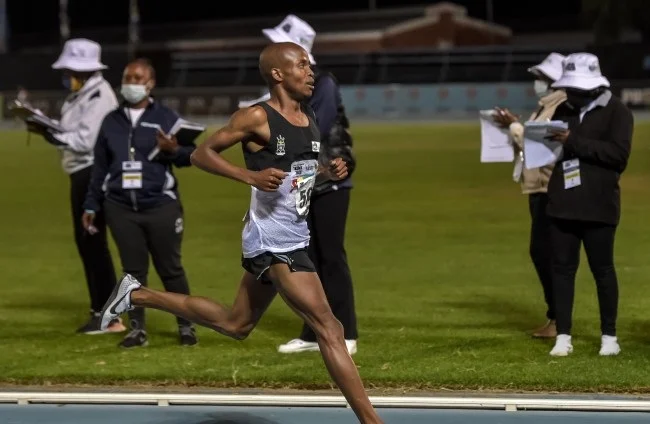How did Mbuleli Mathanga Pass Away: South Africa’s Underlying Issues
Skip to content
Skip to footer
How did Mbuleli Mathanga Pass Away- South Africa’s Underlying Issues
How did Mbuleli Mathanga Pass Away: South Africa’s Underlying Issues

